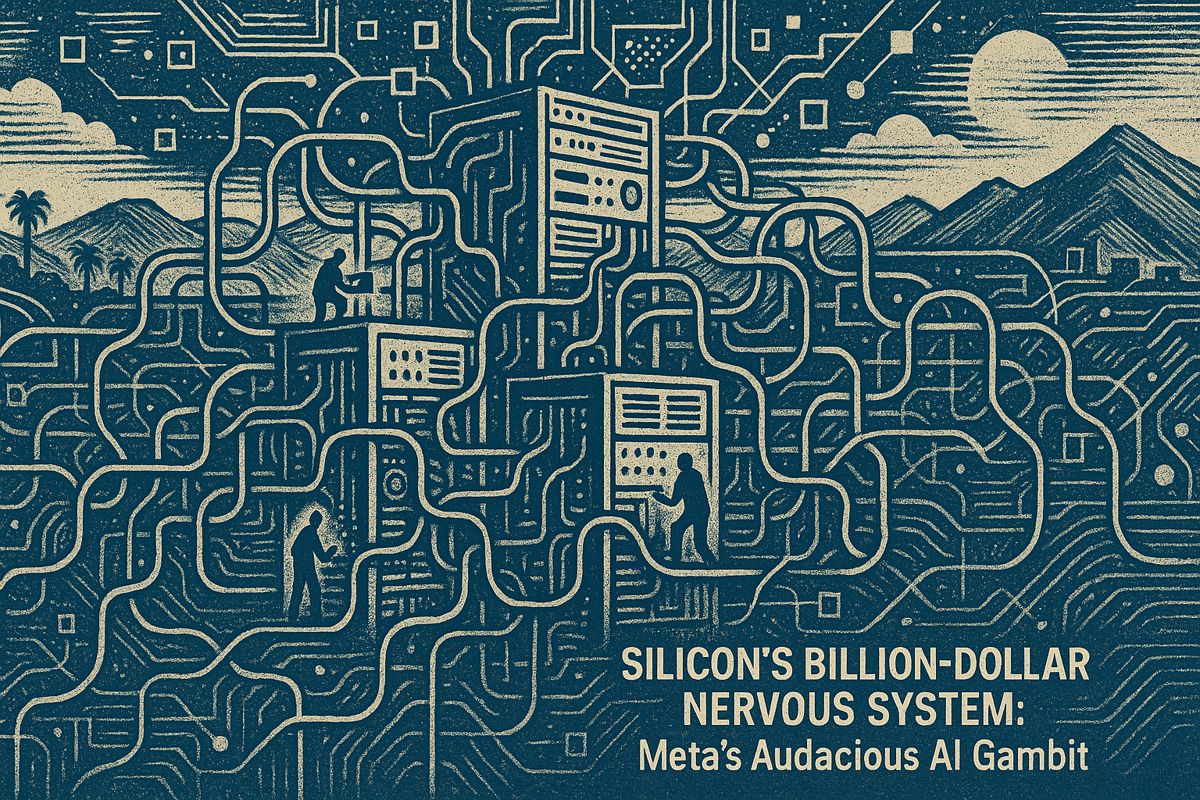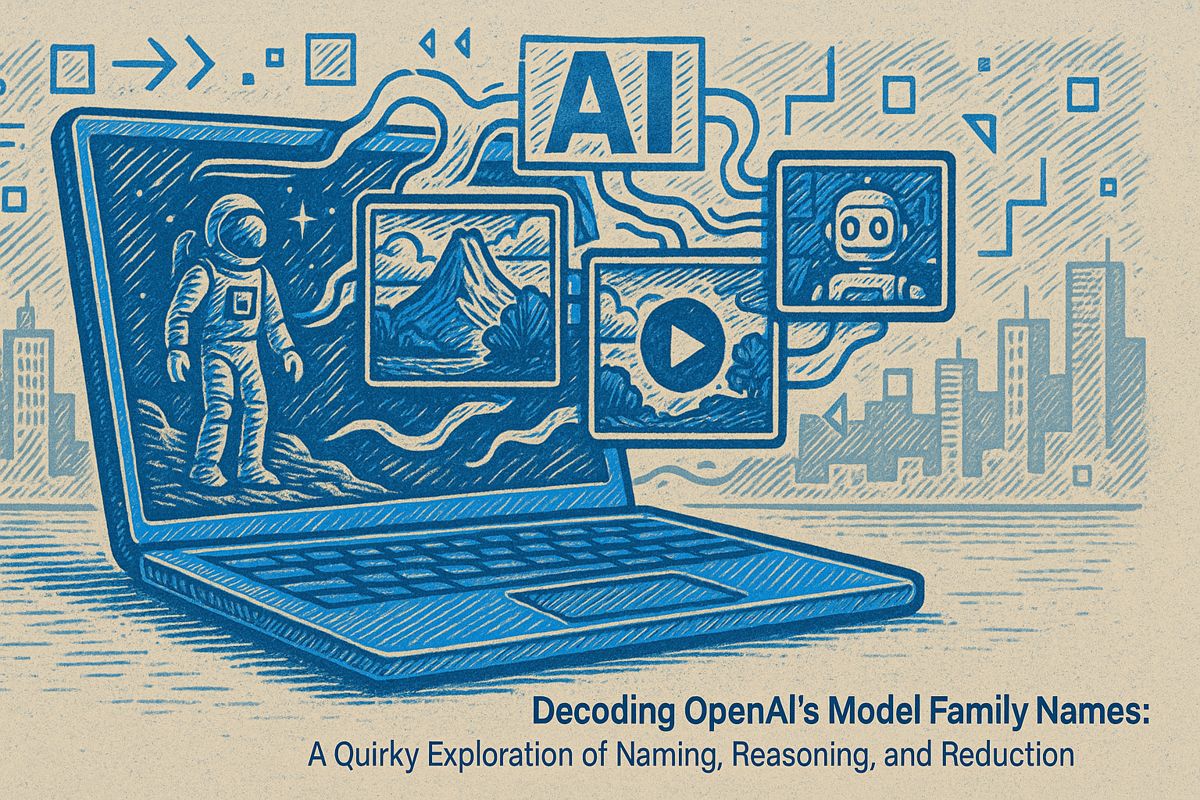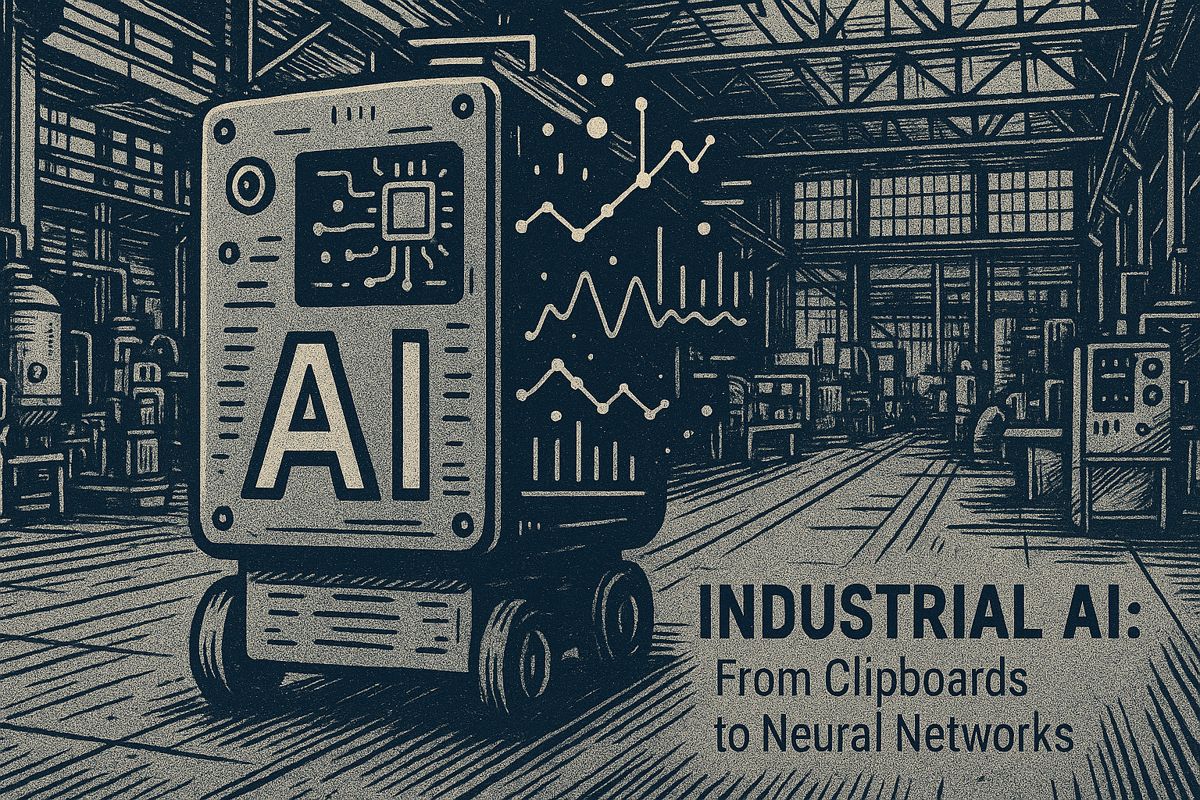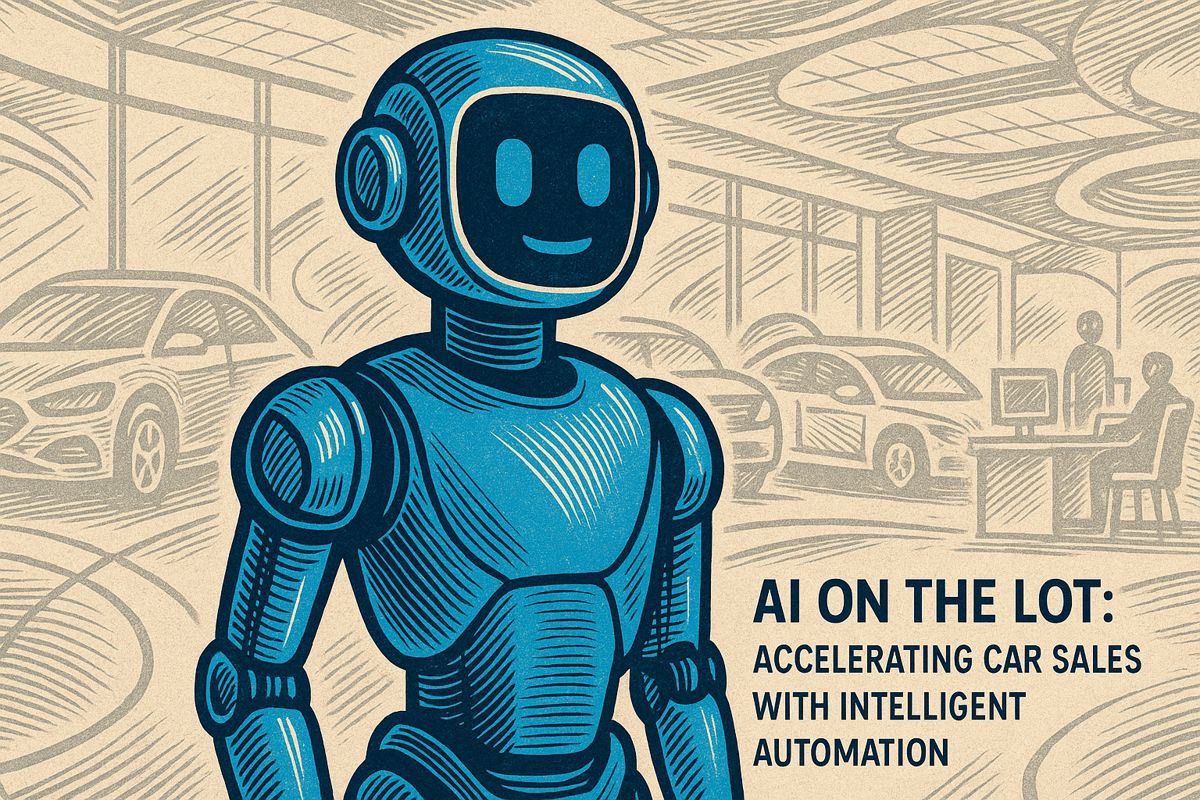Here’s the text with the most important phrase in bold:
Meta just dropped a massive $14.8 billion for almost half of Scale AI, pushing the company’s value over $30 billion, pushing the company’s value over $30 billion. This huge investment is all about boosting AI capabilities and creating a new research lab focused on superintelligence. Scale AI, led by young CEO Alexandr Wang, is crucial for data labeling that powers major tech companies’ machine learning models. The move comes as tech giants battle fiercely for AI supremacy, with Meta trying to catch up after losing talent to rivals. Behind the big numbers are thousands of global workers quietly tagging data, turning digital annotation into a high-stakes global industry.
What Is Meta’s Major Investment in Scale AI?
Meta has invested $14.8 billion for a 49% non-voting stake in Scale AI, valuing the company at over $30 billion. This strategic move aims to strengthen Meta’s AI capabilities, launch a new research lab focused on superintelligence, and secure a critical data labeling infrastructure for advanced machine learning models.
Big Money, Bigger Ambitions
Sometimes a number is so jaw-dropping, it rattles the skull. Meta’s nearly $15 billion outlay for a 49% non-voting stake in Scale AI made me blink – then double-check my sources, just to be sure I wasn’t reading an April Fool’s joke in The Wall Street Journal. The sheer size of this investment isn’t mere Silicon Valley chest-thumping; it’s a seismic jolt. Remember the shiver that ran through the machine learning world when Google acquired DeepMind? This feels like déjà vu, but with the volume dialed up and a faint scent of ozone in the air.
If you’ve never heard the name Alexandr Wang, you’re not alone – but you should be paying attention. Here’s a mind that’s managed to turn data labeling, once as drab as beige wallpaper, into the secret engine behind OpenAI, Google, and now Meta itself. It’s almost comical to picture: a young CEO orchestrating deals worth more than the GDP of some countries, while an army of gig workers around the world meticulously tags millions of images in digital silence. Is it a symphony, or just organized chaos?
But let’s get granular. The deal, as leaked by insider sources and seasoned speculators, pegs Scale AI’s valuation at over $30 billion. Meta will also launch a research lab aimed at the elusive “superintelligence” – not just smarter chatbots, but something that might out-think humanity itself. Wang is reportedly leading this new charge while Jason Droege steps in as interim CEO at Scale AI. There’s a whiff of urgency here – as if Meta’s boardroom was suddenly a pressure cooker, set to high.
The Anatomy of an AI Arms Race
Why all this frantic movement? Well, Meta’s not just buying influence; it’s scrambling to reclaim momentum after hemorrhaging talent from its LLaMA group to rivals like Anthropic and OpenAI. The competition is so fierce now that Silicon Valley feels less like a valley and more like a battlefield – every announcement, a volley; every deal, a fresh scar.
Scale AI, founded in 2016, has quietly become the main artery pumping labeled data into the veins of the world’s biggest models. I once thought data annotation was a background detail, but now? It’s the gold dust in the gears. The question that keeps me up at night: will Meta’s new grip on Scale AI let it restrict access for its rivals, or will business as usual continue with extra zeroes tacked on the invoices? There are no easy answers when the power dynamics are shifting by the hour.
And speaking of shifting, let’s not ignore the global regulatory elephant lurking in the room. Meta is no stranger to antitrust scrutiny, and now it holds a controlling interest in the backbone of modern AI infrastructure. Brussels and Washington are watching. Will they blink? Or bite? If history is any guide, nothing is certain except paperwork.
Beneath the Billion-Dollar Headlines
Numbers like $14.8 billion sound almost unreal, but there’s a human pulse thrumming beneath the calculus. Scale AI’s business model runs on the sweat of thousands of annotators using platforms like RemoTasks. I remember my own brief, clumsy attempt at data labeling during a hackathon – my eyes ached from staring at pixelated images for hours, and my patience evaporated long before my task count reached double digits. Empathy, mild embarrassment, and a little gratitude for automation followed.
It’s easy to get swept up in metaphors – an arms race, a gold rush, a feverish game of chess. But the sensory reality is less glamorous: the fluorescent hum of laptops in Manila, the click of a mouse at midnight in Nairobi, the endless parade of bounding boxes drawn tight around a future that, for now, remains just out of reach. Sometimes, the revolution sounds like tapping keys and sighs.
In the end, this isn’t just about who wins the next leap in artificial intelligence. It’s about who controls the hidden machinery, who profits, and who is left to sweep up the digital dust. One question refuses to leave me alone: when the headlines fade, will those gig workers see any reward, or just another wave of invisible labor? I’m not sure. But I know I’ll be watching – with a mix of awe, skepticism, and, yes, a little envy. The future is getting noisier by the day…



















